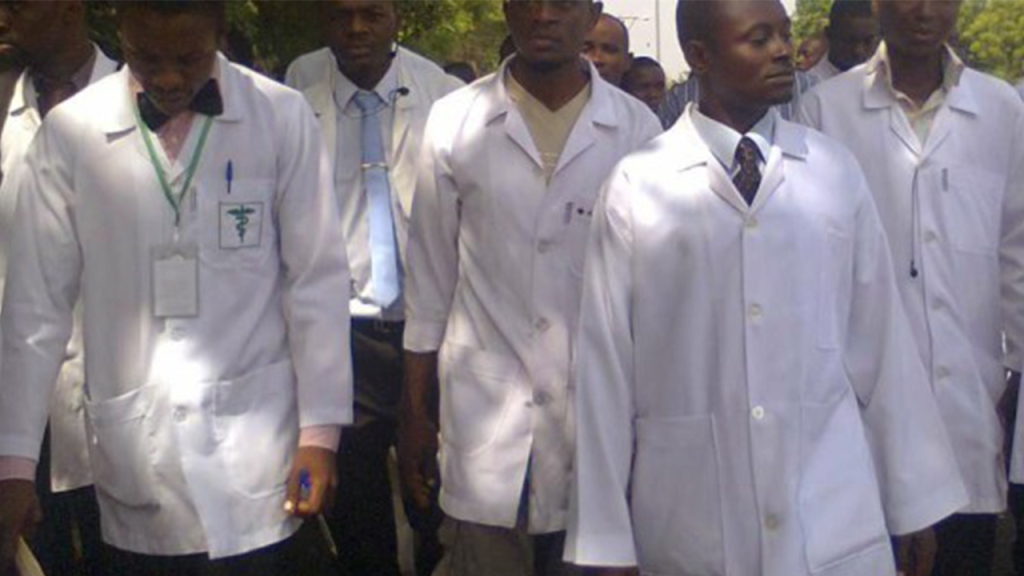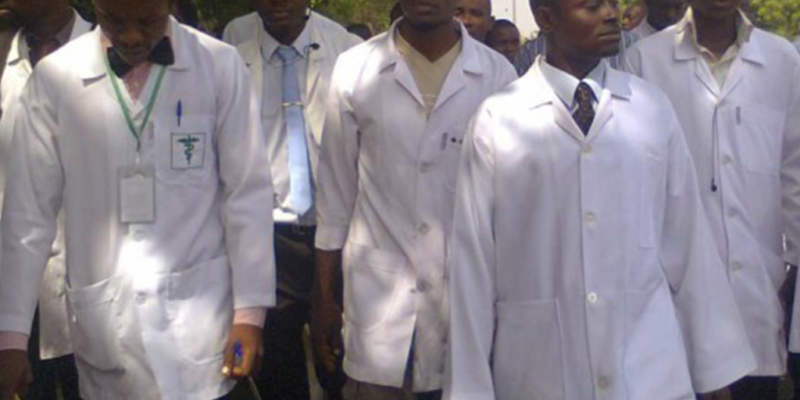
The Lagos State Government has unveiled a comprehensive strategy to address the acute shortage of medical professionals, as the state battles a staggering deficit of 33,000 doctors.
Commissioner for Health, Prof. Akin Abayomi, disclosed this during the 2025 ministerial press briefing on the performance of the Sanwo-Olu/Hamzat administration, held in Alausa, Ikeja.
Citing the World Health Organization (WHO) recommendation of a doctor-to-patient ratio of 1:200, Abayomi revealed that Lagos currently operates at a ratio of 1:5,000—far below global standards. Despite a population exceeding 20 million, the state has only about 7,000 practicing doctors.
“Lagos alone needs 33,000 more doctors. Nationally, the deficit exceeds 300,000,” the commissioner said. “Over 16,000 Nigerian doctors have emigrated in recent years in search of better prospects abroad.”
In response to this alarming trend, Abayomi announced that the state is rolling out forward-thinking policies to close the healthcare gap. With over 18,000 staff working across its healthcare system, Lagos is deploying technology, infrastructure, and diaspora engagement to revamp its medical workforce.
“We’re embracing innovation, including climate-resilient infrastructure tailored to Lagos’ geography, and attracting Nigerian doctors abroad to return—either permanently or temporarily—to support our system,” he explained.
The commissioner highlighted the establishment of West Africa’s largest cancer treatment center in Alausa and revealed that three new secondary healthcare facilities in Ojo, Lagos Island, and Ketu-Ejirin are set for commissioning within the next 12 months.
On public health, Abayomi emphasized the importance of accurate diagnosis in tackling malaria, noting that 99% of fever cases are not malaria-related. “Our goal is to declare Lagos malaria-free within the next one to two years,” he added.
Turning to maternal health, Abayomi decried the state’s maternal mortality rate of 430 deaths per 100,000 live births, labeling it unacceptable. “Lagos has declared zero tolerance for maternal deaths. We aim to cut the rate down to 37 per 100,000 in the next 20 to 30 years.”
He also announced plans to expand health insurance access and integrate all health facilities into a centralized digital health platform to enhance real-time data collection and evidence-based policy making.
In a major educational move, Lagos will soon establish a stand-alone University of Medicine and Health Sciences, aimed at boosting the production of highly skilled healthcare professionals in Nigeria.
“These initiatives represent a strategic shift toward sustainable healthcare reform. We are committed to building a resilient, inclusive, and technologically driven health sector for Lagosians,” Abayomi concluded.

Comments